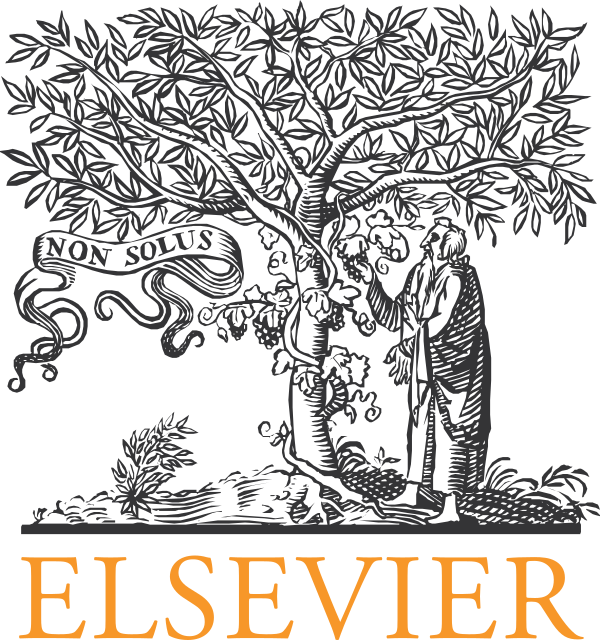Siddhartha Mukherjee’s “The Emperor of All Maladies: A Biography of Cancer” is a masterful and deeply engaging exploration of one of humanity’s most formidable adversaries. Mukherjee, an oncologist and researcher, combines his clinical expertise with a historian’s depth of research to provide a comprehensive narrative that is both illuminating and moving.
Content and Structure: The book is structured as a biography of cancer, tracing its history from ancient times to the present day. Mukherjee weaves together historical accounts, personal stories, and scientific advancements to provide a holistic view of the disease. He begins with ancient Egypt and Greece, moves through the Renaissance, and continues into the modern era, illustrating how the understanding and treatment of cancer have evolved. This historical perspective is enriched by detailed accounts of pivotal moments in cancer research, such as the development of chemotherapy and the discovery of targeted therapies.
Writing Style and Accessibility: Mukherjee’s writing is both eloquent and accessible, making complex scientific concepts understandable without diluting their significance. His ability to translate intricate medical jargon into layman’s terms is a testament to his skill as both a writer and a physician. The narrative is interspersed with compelling patient stories, which humanize the disease and emphasize the emotional and psychological impact of cancer on individuals and their families.
Impact and Reception: “The Emperor of All Maladies” has been widely acclaimed for its thorough research and engaging storytelling. It won the Pulitzer Prize for Biography/Autobiography in 2011, a recognition that underscores its importance and influence. Readers and critics alike have praised Mukherjee for his ability to balance scientific detail with a narrative that is as gripping as it is informative. The book does not merely recount facts but also reflects on the philosophical and ethical dimensions of cancer treatment and research.
Relevance and Reflection: One of the book’s most powerful contributions is its ability to provoke reflection on the ongoing struggle against cancer. Mukherjee presents cancer not just as a medical challenge but as a profound and persistent force that has shaped medical history and human experience. The narrative invites readers to contemplate the future of cancer research and the continuous quest for more effective treatments and cures.
Conclusion: Siddhartha Mukherjee’s “The Emperor of All Maladies: A Biography of Cancer” is an exceptional work that combines historical, scientific, and personal perspectives to provide a comprehensive view of cancer. It is an essential read for anyone interested in the history of medicine, oncology, or the human condition. Mukherjee’s ability to convey the complexity and gravity of cancer with clarity and compassion makes this book a significant contribution to both medical literature and general understanding.






